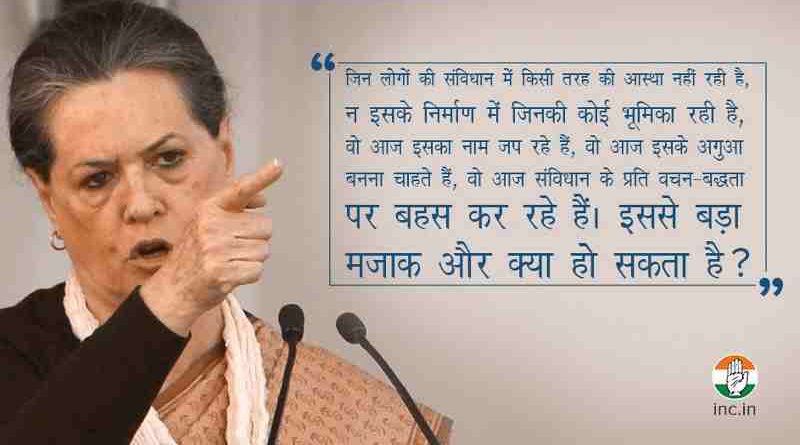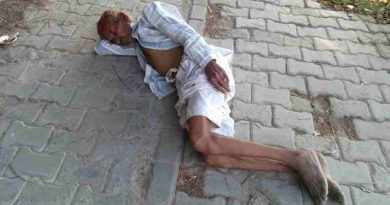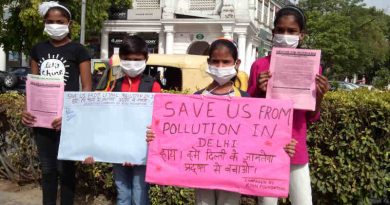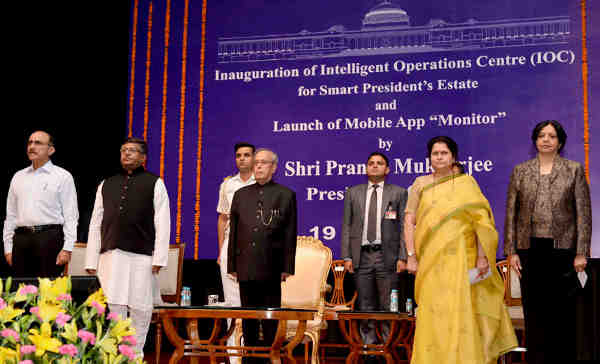Can Courts Ask Indian Rulers to Respect the Constitution?

By Rakesh Raman
On the occasion of Constitution Day, Chief Justice of India Justice T. S. Thakur, released Saturday a book published by Publications Division titled “Courts of India – Past to Present.” Ravi Shankar Prasad, Minister for Law & Justice, was also present on the occasion.
The book has been designed as a coffee table book which has several photographs of archival value. It was edited by an editorial committee headed by Justice S.A. Bobde.
The ‘Courts of India’ traces the historical evolution of the courts, identifies the diverse court system, compile their customs and practices and also contextualizes it. According to a government statement, the book seeks to introduce Indian Judiciary to the citizens in a lucid manner.
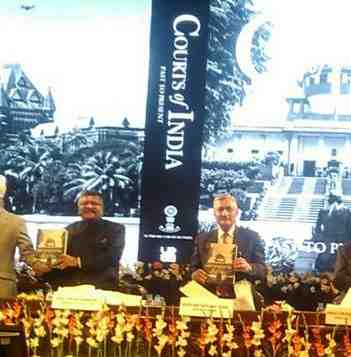
Earlier on Friday, Prime Minister Narendra Modi attended a book release function to commemorate the Constitution Day, at Parliament House.
Two books: an updated version of the Constitution of India; and “Making of the Constitution” were released on the occasion.
Speaking on the occasion, the Prime Minister said that 26 November is being celebrated as Constitution Day since 2015. He said that successive generations should be well acquainted with the Constitution, and recall it in the contemporary context.
The Prime Minister said that In India, when we recall the Constitution, we also recall Babasaheb Ambedkar. He said that we must be connected with the spirit of the Constitution, and look for a balance between rights and duties.
However, Congress President Sonia Gandhi has reacted sharply on Modi’s ostensible faith in the Indian Constitution. “Those who have no faith in our Constitution are now trying to be its torch-bearers. Can there be any greater mockery than this?” she stated.
Ms. Gandhi was reacting to various dictatorial decisions that Modi has taken to harass the general public of India. Of late, Modi has announced his authoritarian decision to stop the flow of currency notes in the country. Many people have died and millions in India are suffering because of Modi’s diktat announced on November 8.
Noting the importance of Constitution Day, the Prime Minister said 26 January (our Republic Day) could not have been celebrated without 26 November.
The Prime Minister said that the common citizen has today become a soldier in the fight against corruption and black money.
He encouraged people to use digital modes of money exchange to the extent possible, as this would increase transparency. He asserted that every person has a right to spend his or her money, and no one can take away anyone’s money.
Meanwhile, the opposition parties in Parliament have decided to observe November 28 as an All India Protest Day – Akrosh Divas – against Modi’s autocratic decisions such as demonetization.
Many observers in India believe that as a result of the growing public backlash against Modi, his party BJP will lose the upcoming elections in five states of India and it also will lose the Lok Sabha election of 2019.
By Rakesh Raman, who is a government award-winning journalist and social scientist. You also can visit the REAL VOTER – Politics in India Information Center that he manages.

